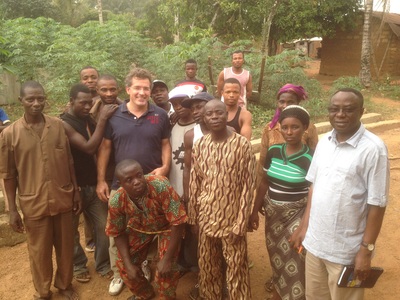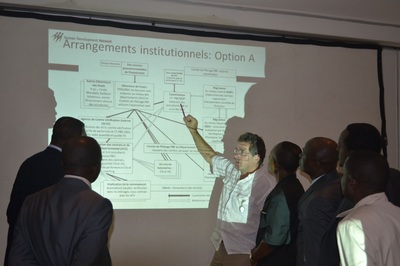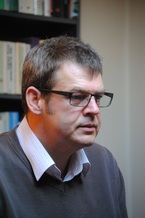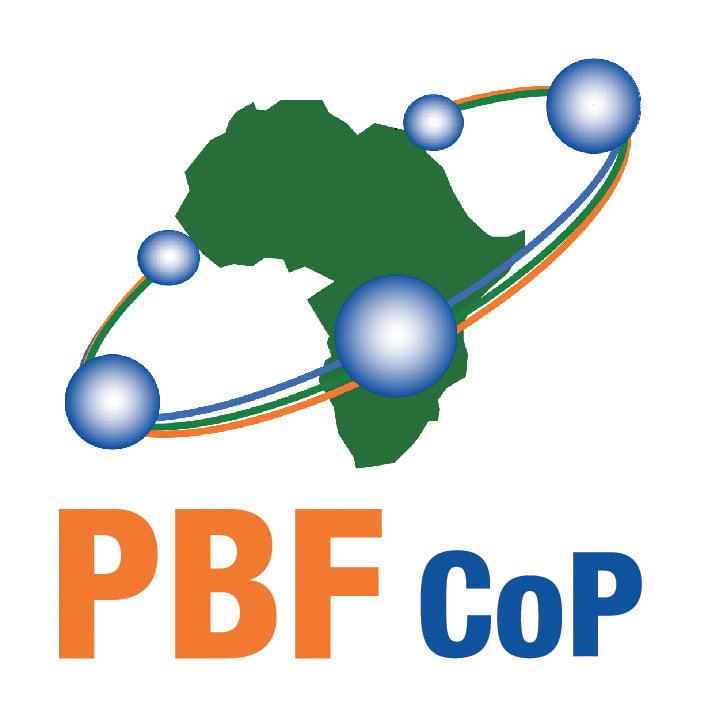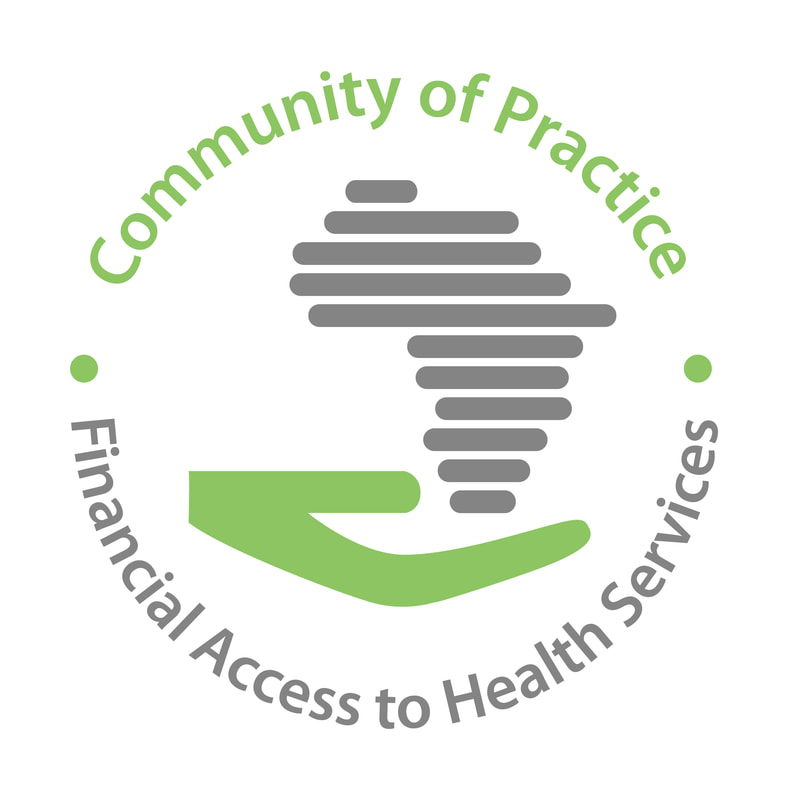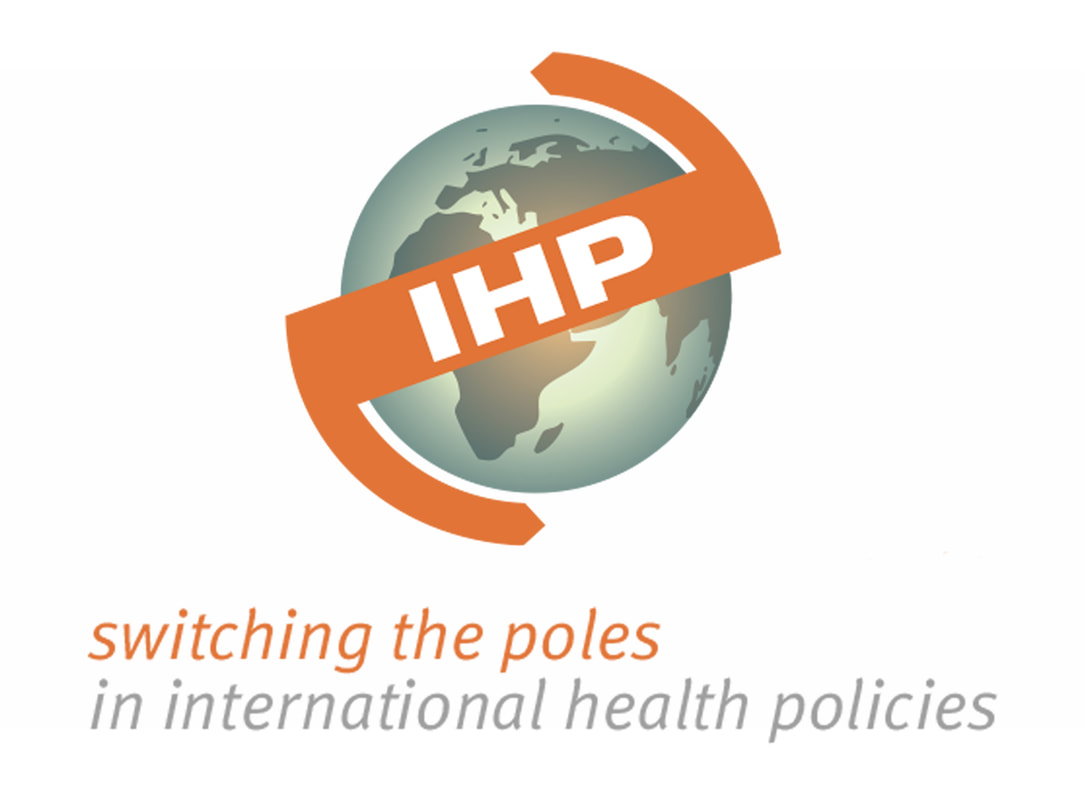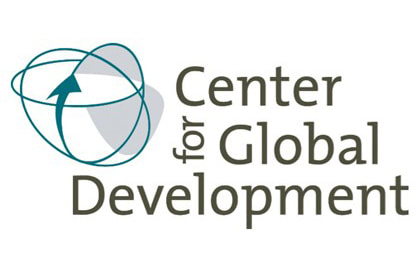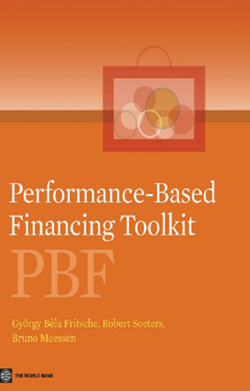
Could you tell us the main motivations that led to the production of this Toolkit?
The main motivation for creating this toolkit was a sense that although there was a massive interest in PBF, the knowledge on PBF approaches was very limited and confined to a few early PBF pioneers. The idea was to make such knowledge which is based on years of experimentation, widely available to other experts. There was a sense (and such a sense still exists) that many ‘PBF’ projects were started that had significant design and implementation flaws while such design and implementation experimentation had been done previously, and lessons had been learned on the ‘how to’ (the ‘science of delivery’) already. Our credo was therefore: ‘make mistakes, but make original mistakes and do not repeat those that have been made before’. I believe there is a strong demand for the experiential knowledge contained in this toolkit which comprehensively rehashes the experience from key pioneers over the past, say, 15 years.
Three years ago, some authors wrote that the PBF strategy underestimated important constraints to its implementation. Do you agree with this assessment?
First, what is a ‘PBF strategy’? There is no such thing as a “PBF strategy”, there are various PBF approaches, and these approaches evolve continuously. Second: if PBF were easy, it would have been done before. So PBF is not an easy fix, but it is a set of principles that are adapted to each specific context. PBF is unpredictable as a ‘strategy’ in a specific context, as there are so many variables that will influence whether it will succeed or not. The best that one can do as an implementer is to apply as much as possible all elements of PBF approaches that are known to be linked positively with some effect. It is not an exact science, but I guess this is the best advice I can give. The most important constraint is having effective local champions that advocate for the approach. It is a health reform and because it is a reform, we need to appreciate that it has political economy aspects. PBF is not a technical fix, or some sort of vertical program; it is a systemic multi-layered intervention. And this is exactly why we wrote this toolkit: to ‘demystify’ PBF, to describe what worked best and how, and also, what failed.
So far, knowledge on how to implement a PBF scheme has largely been disseminated through the mobility of experts, with a massive involvement of experts from Africa – something remarkable if we compare with previous practices. Still the support from implementing agencies from the North has remained important. Which evolution do you expect in the close future? Any role to be played by the toolkit?
I expect Southern experts to play even more important roles in the future. Already, the most effective local champions are those who move from their own contexts to other contexts. Quite a few are very effective experts. This toolkit will enable these experts to access knowledge held previously by a few pioneers and to become even better experts. Also, this toolkit is not a final product, but rather a look back in time, up to plus or minus the current period, and say: this is what has been done, this is how it was done, and this is what seemed to work better and this is what was tried and did not work well. In this sense, this toolkit is a benchmark: experts will need to get acquainted with its content, and then move on and build on the knowledge contained in it (and produce a next version). Northern technical assistants will have to adapt to these changing realities: they will have to devise business models that will focus on creating local capacity and be flexible and nimble.
Some experts, including within the PBF community, are a bit afraid that on some aspects, we move too quickly towards a doctrine. This could create rigidities or too much ‘cut & paste’ of solutions. How does the toolkit deal with this risk?
I am not too afraid of this ‘cut and paste’ labelling. The toolkit was written with a keen eye on this theoretical danger of being labelled as a ‘cookie cutter approach’ and I believe sufficient care has been taken to present a balanced view wherever possible. Nevertheless; this is a TOOLKIT and some degree of advice is necessary and also expected from a toolkit. I will give an example. If for instance you decide to disregard the element of health facility autonomy in your PBF design, do not be surprised if you do not find any effects of PBF in the near future. Even worse, sometimes designs are framed as ‘Rwanda/Burundi type of PBF’ whereas there are major departures from that design. The issue in my opinion is a misunderstanding or lack of knowledge on the contexts where these PBF approaches have evolved so successfully. And this is why this toolkit is so important: the toolkit tells many stories about many different design and implementation elements, which, if pieced together and read as a whole, tell a much more comprehensive story on PBF approaches and especially, on how to make them more effective.
A challenge obviously is that the knowledge on PBF is evolving very quickly. If you had to add a new chapter, let’s say, next year, which new topic would you cover?
Information and Communication Technology (ICT) is an area which evolves rapidly. For instance, the development of tablet based software for the quality checklists with automatic uploads to a web-based platform/dashboard. Also the web-enabled applications through OpenRBF are evolving as we speak, with major work being done in inter-operability with other ICT solutions such as DHIS2. Another area is the increasing interest in moving towards process elements of quality, such as for instance the use of criterion based medical audits or vignettes (case-studies). Furthermore, the issue of urban PBF, where public funds are used to contract private for profit providers through PBF will be a major growth area. Also, the area of equity, of how we target the poor, is evolving really fast. In the World Bank we now work systematically hand in hand with our social protection colleagues, and there is a fair amount of cross-fertilization here.
In the foreword, Tim Evans reminds us that delivering services is important to push the frontier of knowledge forward. Some people think that when the World Bank adopts a new idea, trickle-down effects swiftly follow. So when Jim Kim, the Bank’s President, announces that ‘the science of delivery’ will be a hallmark of his tenure, this raised a lot of expectations among practitioners. Should we interpret this important document as the sign that the World Bank gets serious about implementation issues?
I cannot speak for the World Bank, but I agree that there is a general wave inside the Bank to become much more focused on the poor and to become more effective and efficient in what we do for the poor. This toolkit does just that. If you look at our health portfolio in Africa for instance, you will see that PBF is BIG. And it is set to become even bigger in Africa, while it is slowly taking off in Central and South-East Asia, and trickling into the Arab world and Latin America too.
Do you agree with the view that the experts of the PBF Community of Practice (PBF CoP) should contribute to the next edition? Do you have any plan in this respect?
This is a toolkit written by experts from the PBF – CoP. The way it was done, will enable adding tools to on-line folders in the appropriate chapters which will remain accessible through the links in the e-book, and through the WB website. In the near future I believe that various chapters will need updating and this can be done in various ways. It is my hope that this toolkit, which will be produced in three languages (EN; FR and SP), will be used by our PBF-CoP colleagues who will further enrich and expand it.
